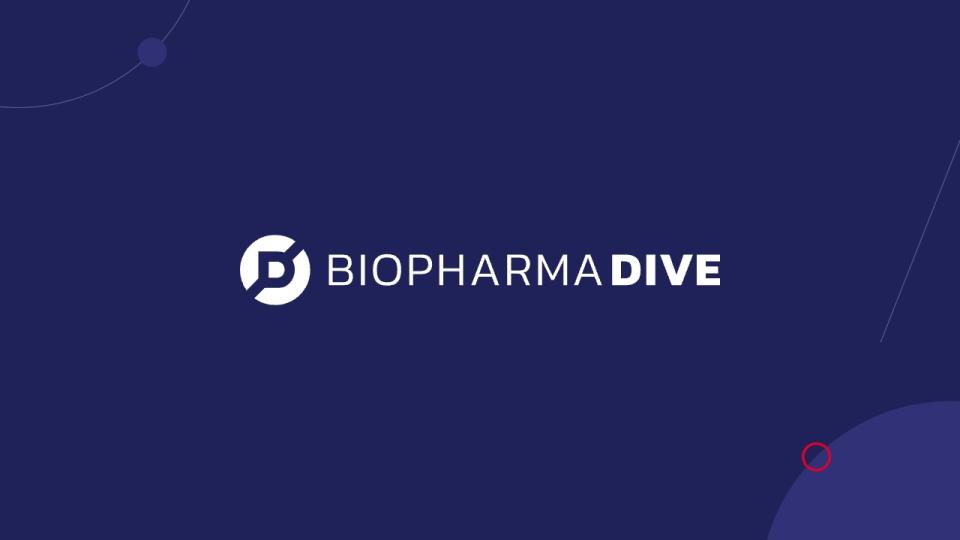Bristol Myers pours $100M into RNA drugs for cardiovascular diseases

Bristol Myers Squibb has agreed to spend at least $100 million to expand a partnership aimed at creating RNA-based medicines for cardiovascular diseases.
The deal, announced Tuesday, shows Bristol Myers is willing to bet more on drugmaking technology developed by Avidity Biosciences. Founded in 2012, Avidity is trying to combine elements from two kinds of medicines — monoclonal antibodies and oligonucleotide therapies — to make new treatments that are both precise and target the root cause of diseases.
The most advanced of Avidity’s so-called AOCs, or antibody oligonucleotide conjugates, are in early-stage human trials, where researchers are evaluating their ability to treat three kinds of rare, muscle-eroding diseases. The company has other experimental therapies in preclinical testing, and is partnered with Eli Lilly on AOCs for immune system disorders and “other select indications.”
Those programs are separate from the Bristol Myers collaboration, which will now include the discovery, development and commercialization of AOCs for as many as five cardiovascular targets. Deal terms hold that Avidity will initially receive $60 million in cash and an approximately $40 million equity investment. Bristol Myers has also agreed to pay as much as $2.2 billion more, provided Avidity's programs hit certain milestones.
The pharmaceutical giant said it will fund all future clinical development, regulatory and commercialization activities tied to the deal. Avidity, meanwhile, could earn royalties up to low double-digits on net sales from any resulting products.
“This strategic collaboration solidifies our commitment in cardiology as we continue to advance our own research and development programs in cardiac indications," said Sarah Boyce, Avidity’s CEO, in a statement.
The two companies originally linked up in late 2020, when Avidity entered a research partnership with the Bristol Myers subsidiary MyoKardia to demonstrate that AOCs can be useful in cardiac tissue. That deal came just after Bristol Myers completed its $13 billion acquisition of MyoKardia, which was advancing medicines for genetic forms of heart disease. One of those medicines has since received regulatory approval, and is sold under the brand name Camzyos.
To Steven Seedhouse, an analyst at the investment firm Raymond James, the new collaboration is positive for Avidity in several ways. First, it provides a “meaningful” extension to the company’s “already very strong” cash runway, which was at $542 million by the end of September.
Second, it’s a vote of confidence in Avidity’s platform from a large, established drugmaker. Bristol Myers “must have liked what it saw preclinically” over the last two or so years from the existing MyoKardia collaboration, Seedhouse wrote in a note to clients.
Avidity shares rose more than 11% Tuesday morning, to trade at $6.87 apiece. The company’s stock was valued at more than $25 per share in February, but has ticked down in the months since.
In September 2022, the Food and Drug Administration placed a partial clinical hold on a trial testing one of Avidity’s muscular dystrophy medicines, due to a “rare serious adverse event.” Following discussions between the agency and the company, the hold was eased in May.
In his note, Seedhouse wrote that his team believes the newly expanded collaboration “implies a high likelihood (or at least Bristol’s lack of concern about) the partial clinical hold ... is lifted soon.”
This story was originally published on BioPharma Dive. To receive daily news and insights, subscribe to our free daily BioPharma Dive newsletter.
